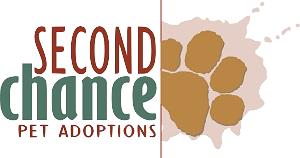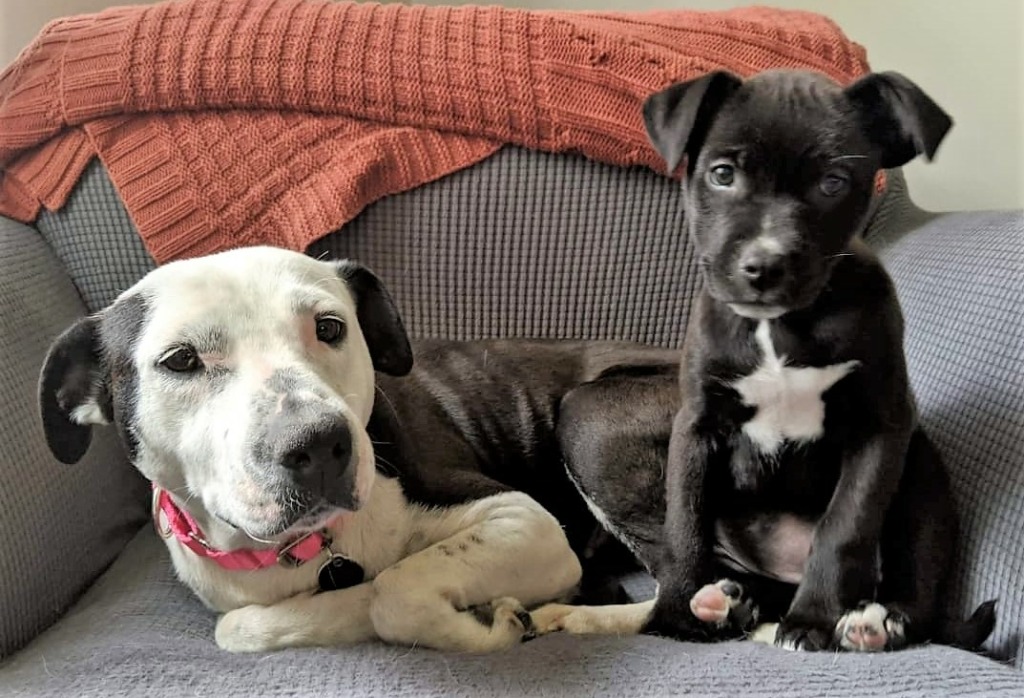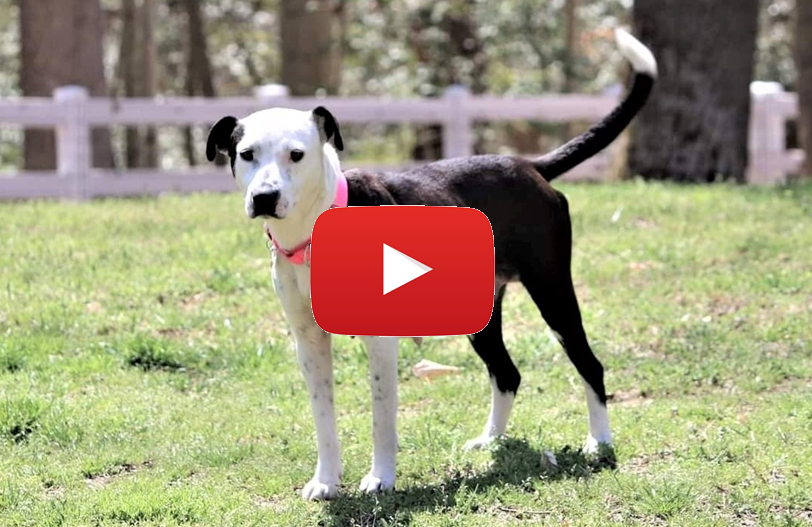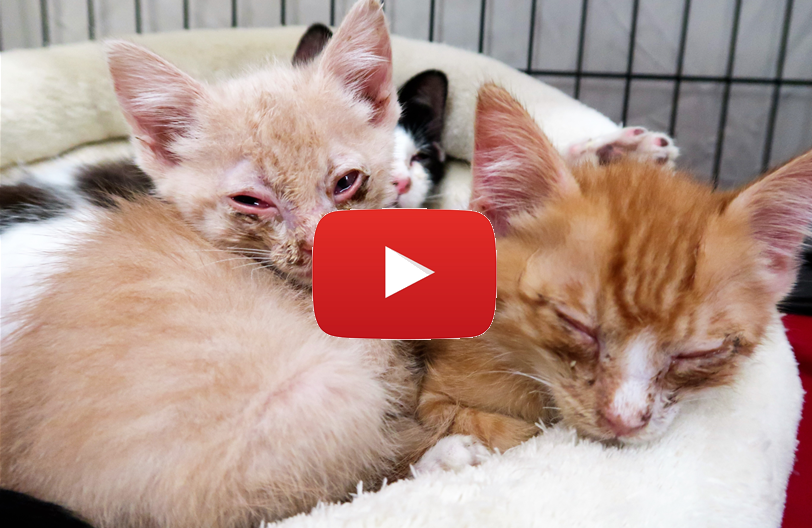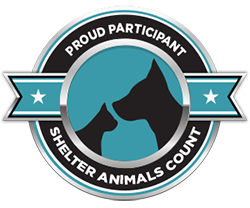Animal homelessness is a community-wide problem, so it takes a community-wide solution. Second Chance is proud to collaborate with shelters and rescues near and far as we form coalitions to tackle various angles of animal homelessness. In the continuous advancement of our life-saving mission, we’re Sharing the Love and supporting two vital initiatives this month with up to $5,000 in direct funding. You can learn all about how the gifts raised through this campaign will support our animal transport program and our efforts to fund spay/neuter surgeries by clicking HERE.
Share the love with those who need it most: make your donation by February 28!
Dogs in county shelters don’t need long-stemmed red roses or delectable treats–they need homes, security, and the long-lasting love of their forever families. That’s what Shiloh waited for in her cell, but since she was heartworm-positive and would require expensive treatment right away, rescue organization after rescue organization passed on taking this sweet gal. At long last, Shiloh got her freedom ride and met her pawfect match–all because of our Hearts to Home animal transport program. Watch her video to see just how it happened!
Many rescue organizations struggle to raise enough money to take in dogs who need medical care above and beyond the basics. By sending transport dogs to their new organizations with some funding in-hand, we can find a rescue partner to step up for a dog faster.
While many pets were snuggling with their loved ones this Valentine’s Day, so many other cats and dogs were suffering through some of the coldest temperatures of the season across the country today. Being exposed to the elements is a dangerous way to live, especially for small and sick kittens like Ian, Gus, and Roo. While this trio was lucky to be found, rescued, and given medical care, surviving alone can leave its scars. These cute kiddos (adoptable soon) have almost overcome their rough start, but not all cats and dogs born into homelessness have been so triumphant.
We work with other local nonprofits to pay for spay/neuter surgeries for cats and dogs with low-income guardians, in county shelters, or in trap-spay/neuter-release programs for feral animals. Funding these procedures prevents suffering among animals who would be born into homelessness and–by reducing the number of animals in need–spares shelters and rescues with limited budgets the medical bills associated with taking an animal off the streets.
